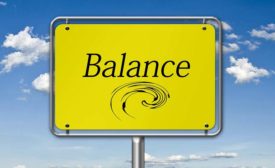Home » mental health
Articles Tagged with ''mental health''
Experts: Make public parks serve public health
The "built environment" can be key to fitness
April 6, 2017
Cold symptoms feel worse when people feel lonely
Quality, not quantity, of relationships makes a difference
April 6, 2017
APA voices concerns with American Health Care Act
Calls on Congress to maintain mental health and substance use coverage
March 13, 2017
Become a Leader in Safety Culture
Build your knowledge with ISHN, covering key safety, health and industrial hygiene news, products, and trends.
JOIN TODAYCopyright ©2025. All Rights Reserved BNP Media.
Design, CMS, Hosting & Web Development :: ePublishing







